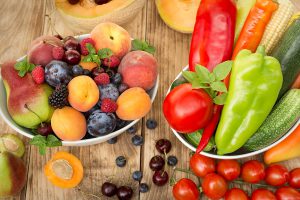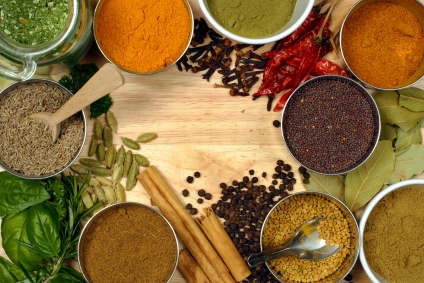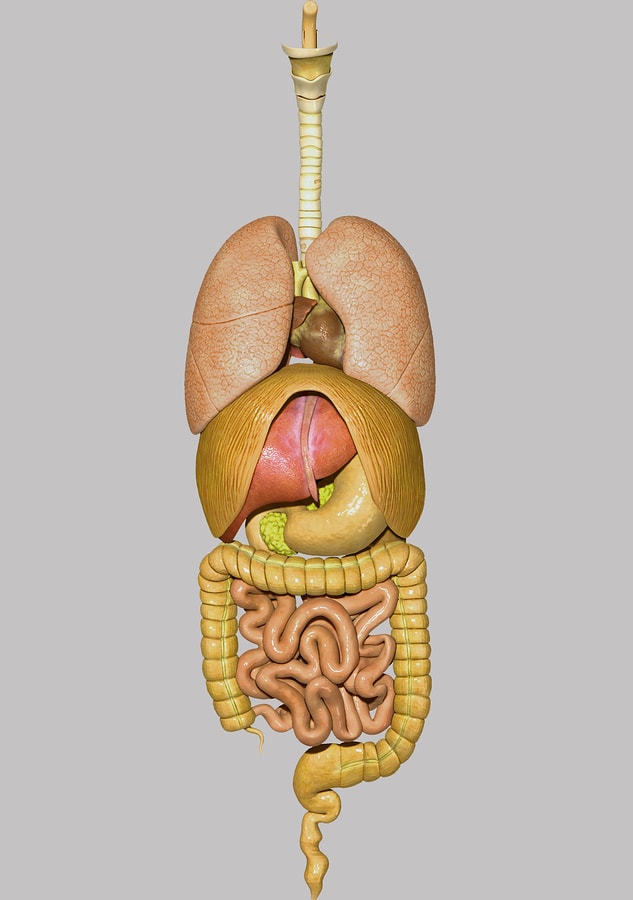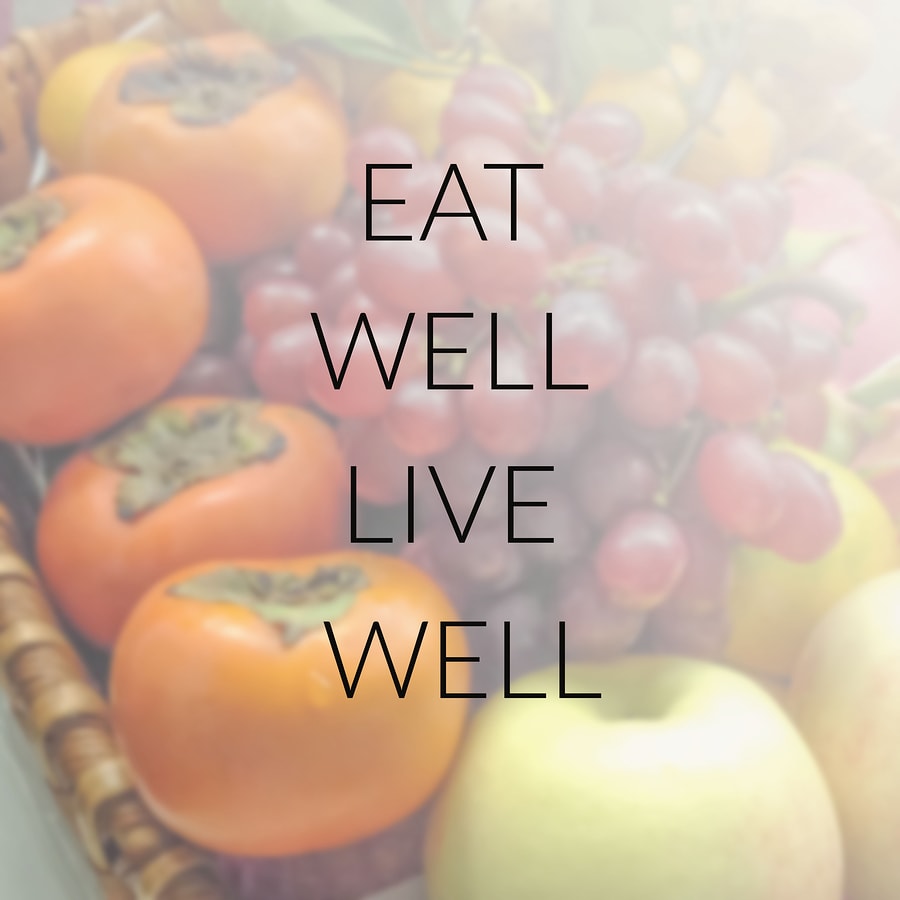It’s not an exaggeration to state that the kind of relationship we have cultivated with Nature determines the quality of our life. How to eat well to be well is a crucial topic to consider in your quest for better health.
We're connected to Nature in every way. In fact, Ayurveda teaches that we are a microcosm of this big universe. For instance, the same five elements that exist in Nature exist in us as well… And this is how Mother Nature handles all physiological actions within your body. But did you know that your most direct connection to Nature is through the food you consume every day?
Our Disconnection From Food
There is a great disconnect between our food and us. For instance, most of us certainly can’t or don’t know how to grow our own food. We eat too quickly. We eat pre-made and convenient restaurant foods the quality of which we cannot determine. We often eat just to fuel our bodies and we suffer from not feeling nourished even if our bellies feel full.
So how do we eat well to be well?
It’s quite simple actually. There is food that nourishes us and infuses our bodies and minds with life energy… And there are foods that are heavy and contain very little life force that over time, create digestive imbalances.
How To Eat Well To Be Well

In the ancient Indian health science of Ayurveda, it is a well-known fact that most diseases begin in our colon. In a world filled with disease and imbalances, there are two simple actions we can take each day to ensure balance and health:
Eating Fresh Seasonal Food
Use Spices

The use of spices is an ancient practice with tremendous benefits.
More Practical Tips for How To Eat Well to Be Well
-
Skip snacking. Eat only three times a day.
-
Eat only till your mostly full. Do not over eat.
-
Drink small sips of water with your meal to avoid diluting digestive acids. And for the same reason, avoid cold drinks with meals.
-
Eat lunch between the hours of noon and 1 pm and dinner by 7 pm.
-
Fruit in the morning, a big but healthy lunch, and light dinner is optimal.
-
Eating at about the same time each day helps strengthen your digestive capacity.
Digestion Is The Key To Your Health
 Learning how to eat well to be well requires us to be responsible for our digestion.
Learning how to eat well to be well requires us to be responsible for our digestion. In other words, you should not need a nap after your meal. Each time you eat a meal, be sure to give your digestive system a chance to fully complete the process of digestion and assimilation before putting more food in the stomach, which takes about 4-5 hours.
Your health is precious. It is also your primary responsibility. By eating clean, fresh food and taking care of your digestion you will have made a true investment in your long-term well-being. If possible, shop at the farmer’s market or join your local CSA or community supported agriculture. Grow a small garden at home, even if it is herbs.
How you eat also affects your digestion. Make it a rule to not discuss stressful or controversial topics at meal times. Make your eating area is beautiful. Say a short blessing or prayer over your food. This is a good time to thank Nature for the food you are about to eat. Sit down to eat and eat slowly. Savor each bite. Don’t rush to get up immediately after your meal. Enjoy the feeling of fullness and satisfaction in your belly.
If time permits, take a short slow stroll in the neighborhood as this aids digestion. Be sure to not walk fast. Keep your awareness on the importance of eating as a sacred ritual honoring your connection to Nature.
Cook At Home, But Keep It Simple
 Most importantly, cook your own food. Keep it simple by preparing a soup or salad. We have many modern gadgets to make cooking easier. The best investments are a crockpot with a timer and a rice cooker with a stainless steel insert.
Most importantly, cook your own food. Keep it simple by preparing a soup or salad. We have many modern gadgets to make cooking easier. The best investments are a crockpot with a timer and a rice cooker with a stainless steel insert. In the morning, place all the soup ingredients in the crockpot and set the timer and hours later, when you return home from work, your soup will be ready. Garnish with fresh herbs and serve. Rice or other grains can be prepared within 20 minutes in a rice cooker.
Conclusion

Written by: Aparna Khanolkar – www.AparnaKhanolkar.com




